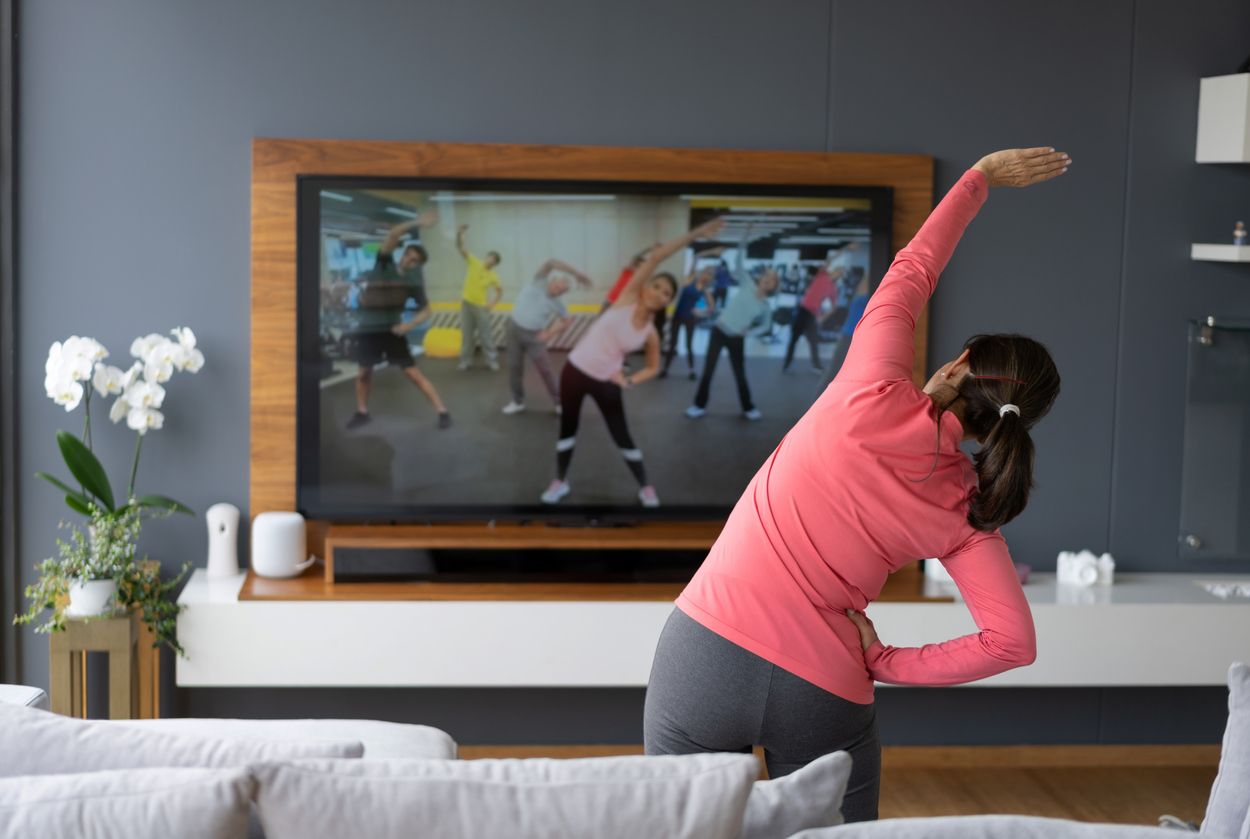Self-care has many definitions. Just as people are unique and have different preferences and desires, defining self-care for ourselves is also unique. Self-nurturance is about being aware of our own needs, paying attention to, and actively choosing to nurture our needs consistently.
It's vital to respond to our ever-changing lives, moment-by-moment, by caring for ourselves. Being our best in all aspects of mind, body, and spirit is crucial to our health and well-being.
Estimated reading time: 4 minutes
 As Jodi Strock, a licensed marriage and family therapist, says in her article, How Are You Defining Self-Care:
As Jodi Strock, a licensed marriage and family therapist, says in her article, How Are You Defining Self-Care:
“Self-care is what happens when you meet yourself as you are, and where you are, true self-care can happen in any moment…true self-care is not driven by an effort to become more or better. It meets you right where you are, just as you are.”
Benefits of Self-Care
Taking responsibility for what we need to be at our best has lasting effects. These effects are apparent in how we move through the world. Solid self-nurturing routines ease stress while ensuring health and well-being. The result is that we are better partners, parents, friends, and co-workers.
Putting ourselves first is our first responsibility. We can best take care of others when we first take care of ourselves. Tending to our own needs allows us to recharge, helps increase our energy, uplifts our mood, and promotes good sleep habits. And as others see us practice self-care, it conveys the message that we value and respect ourselves.
With so many benefits, why aren’t self-care practices a natural part of everyone’s daily routines? Many times, we do not make ourselves a priority. Why? It’s complicated. Perhaps we don't feel that we can, or we haven't had a good role model to learn how or we don’t even think we are worthy of it. Maybe we are just trying to get through the day with a zillion responsibilities. Or we simply do not know what self-care means for us.
Related Reading: What’s All the Fuss About Self-Care?
Common Reasons We Justify Not Making Time for Self-Care
There are many reasons why people don’t take care of themselves. Here are a few of the most common ones.
Reason #1: Our lives are busy. We try to squeeze more into our day with less, thus, overcommitting and depleting ourselves. It is easy to scratch ourselves off the list of priorities when there is so much going on. Our daily schedules are filled with non-negotiable demands, which we cannot remove from our to-do list: jobs, parenting, household chores, meal preparations, errands, and tending to the needs of others.
Reason #2: We tend to honor commitments to others and fulfill others’ needs well before ourselves. Every mom knows about these demands—they regularly put their family’s needs before their own.
Reason 3: We have unrealistic expectations of what it means to practice self-care. We are critical of ourselves about “getting it right.” We measure every effort and are hard on ourselves if we don't meet our goals. Also, we think self-care takes a lot of time and money. Or we feel that putting ourselves first is selfish.
Related Reading: Parents Need Self-Care to Be Their Best Self

What Happens When We Neglect Self-Care?
In ignoring our needs, we may be able to complete more tasks or take care of others, at least initially. These choices may solve short-term demands, but disregarding our needs can catch up with us in ways that create long-term problems. A lack of attention to our well-being can lead to physical, emotional, and cognitive issues. Some consequences may include:
- Physical - Low energy, weight issues, high blood pressure, unhealthy eating habits, burnout, and exhaustion
- Emotional – Poor self-esteem, anxiety, irritability, and depression
- Cognitive – Forgetfulness, inability to concentrate or make decisions, a mental fog
Relationships can particularly be affected by not advocating for our individual needs. We often lash out at those closest to us when we haven’t addressed our own needs. My husband and I both value our own well-being and each other’s strongly. Honoring your partner's self-nurturance is as vital as honoring the relationship. Recognize when your partner is stress and may need some time to themselves. When our individual needs are cared for we can bring our best to our relationship.
Let’s Shatter a Misconception About Self-Care!
With self-care being a $450 billion-dollar industry, it is easy to think we must have the latest gadget and do it all! Even if our pop culture promotes a plethora of products and practices, from inspirational books to yoga to massages to weekend retreats, they are unnecessary for a healthy routine and lavish self-care.
Care of oneself is not reserved for the wealthy. These extra amenities can be a wonderful addition to a self-nurturing routine; however, they are certainly not the only path to a solid self-care practice. Caring for oneself is a skill and needs to be built into your lifestyle and this self-care can be practiced for little money and time.
It does not require perfection or rigidity and is not meant to be a competition with anyone, not even our self.
So, what is the best way to find your personal self-care routine when you do not know where to start?

3 Questions to Excavate Fresh Ideas
Developing good habits of self-care is a process about you and you alone. It is not what someone else thinks is best for you or what works for them. These questions will help build clarity so you can begin a consistent, self-nurturing routine.
What Do I Enjoy?
Finding actions that help you relax, make you happy, and renew you is a great beginning. Once you know the answers, you will discover a variety of ways to practice self-care.
Did you used to love to paint, but your easel and supplies have collected dust? Does getting together with friends leave you refreshed and happy? Does journaling spark your creativity and allow you to work through your emotions and glean insights into your experiences and relationships? Think of things that make you smile or laugh, and fulfill you.

What do I want more of in my life?
Setting goals, even small ones, is encouraging. Knowing what you want to achieve can also help you create a healthier routine. Goals can be simple tweaks in your routine that make a big difference in your well-being. Some examples of small, self-care goals would be:
- Setting aside 15 minutes each day for dedicated time with your partner.
- Stopping by a yoga studio in your neighborhood that interests you to check the yoga schedule.
- Spending more time soaking in your hot tub with a good book each evening.
What would create more ease and space in my life?
Self-care is not always about pampering yourself. I've found that it can be about removing little obstacles or nuisances in your day-to-day life to create more ease.
- Replacing an old bed pillow for one that better supports your body and promotes rest.
- Completing a nagging item on your to-do list.
- Leaving a clean set of gym clothes in your car, so you’re ready for a quick workout on your lunch break whenever needed.
Taking time for yourself creates mental clarity and relaxation. It allows you to experience more joy in life that you might otherwise miss when not adequately caring for yourself.
Related Reading: "Self-Care 101: 10 Ways To Take Better Care of Yourself."
Closing Thoughts
Consistent self-care practices that support your whole being will create healthier, more fulfilling days. Developing a plan that is uniquely you will help you thrive in your daily life. Then, you can focus your energy on being there for others.
If you need help clarifying your needs, developing a self-care routine, or making steps towards change in your life, Heartmanity is here to help! We specialize in creating a life of ease.
Take a step toward improving healthy habits through our coaching programs.









